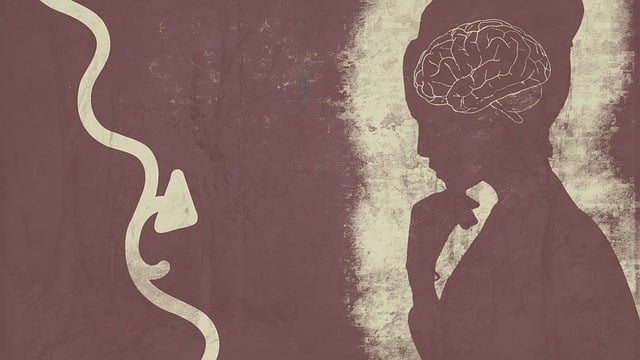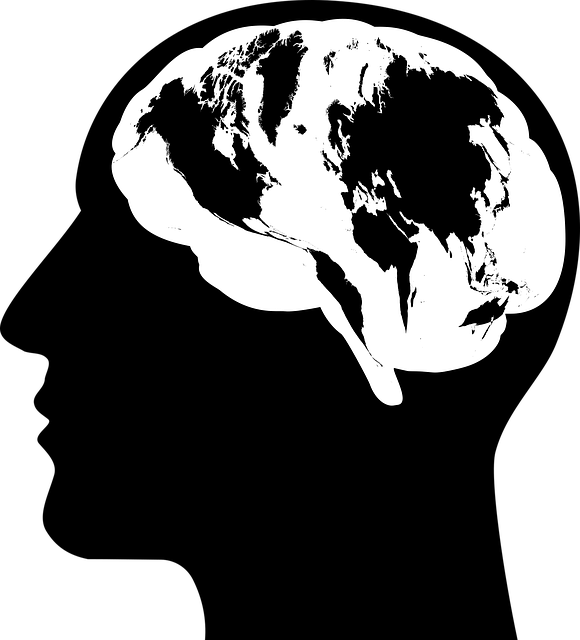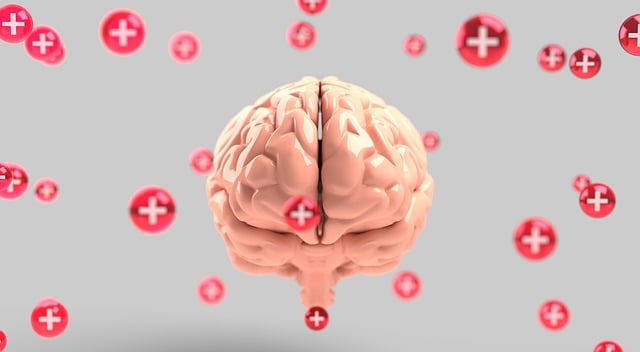Mental health professionals specializing in therapy for elders face unique challenges like age-related mental health disorders and traumatic memories. Somatic Experiencing (SE), an approach developed by Dr. Peter Levine, offers a powerful therapy to resolve these issues by integrating trapped sensations and emotions, fostering resilience, and mitigating burnout risks. By incorporating SE and evidence-based practices like Compassion Cultivation Techniques (CCT), therapists can navigate complex cases, improve treatment outcomes, and create supportive environments that enhance both therapist and client resilience. Effective communication strategies and mental wellness journaling exercises further tailor therapy for elderly clients, addressing their unique needs.
Mental health professionals who specialize in therapy for elders face unique risks arising from the sensitive nature of their work. This article delves into the specific challenges, focusing on understanding and mitigating these dangers. We explore the role of Somatic Experiencing as a powerful tool to manage trauma and stress within this context. Additionally, comprehensive risk assessment strategies are discussed to ensure optimal patient care. Ultimately, fostering resilience in practices is key to maintaining long-term mental wellbeing for both professionals and their elder clients.
- Understanding the Unique Risks Faced by Mental Health Professionals Working with Elders
- The Role of Somatic Experiencing in Mitigating and Managing These Risks
- Implementing Comprehensive Risk Assessment Strategies for Optimal Patient Care
- Fostering Resilient Practices for Long-Term Mental Wellbeing in Therapy for Elders
Understanding the Unique Risks Faced by Mental Health Professionals Working with Elders

Mental health professionals who specialize in working with elders face a distinct set of risks that require specialized attention. This vulnerable population often presents complex and sensitive issues, including age-related mental health disorders, cognitive impairments, and end-of-life concerns. Professionals must navigate delicate conversations about mortality, loss, and transitions, which can take an emotional toll on both the practitioner and client.
Furthermore, the nature of therapy for elders may involve intense somatic experiencing—a process that can unearth deep-seated traumas and strong emotions. This can lead to burnout prevention strategies becoming even more critical. Professionals must cultivate resilience and self-care practices, such as setting clear boundaries, engaging in regular supervision, and promoting mental health awareness within their practice. Enhancing confidence through ongoing training can also empower healthcare providers to effectively support elders while mitigating the risks associated with this specialized domain.
The Role of Somatic Experiencing in Mitigating and Managing These Risks

Somatic Experiencing (SE) is a powerful therapy for elders and mental health professionals seeking to mitigate and manage risks associated with their work. This approach, developed by Dr. Peter Levine, focuses on resolving traumatic memories and sensory experiences that can overwhelm the nervous system. By helping individuals re-experience and safely integrate these trapped sensations and emotions, SE fosters a sense of safety and resilience, crucial for mental health professionals navigating high-stress situations.
Incorporating SE into their practice enables therapists to develop strong boundaries, enhance self-care, and improve conflict resolution techniques. This is particularly relevant in the context of Mental Wellness Coaching Programs Development, where promoting mind over matter principles can empower professionals to manage their own mental wellness alongside that of their clients. Through SE, they learn to respond to stress with a sense of calm, allowing them to effectively support others while preserving their well-being.
Implementing Comprehensive Risk Assessment Strategies for Optimal Patient Care

Mental health professionals play a vital role in fostering resilience building and mood management for their patients, especially among elderly individuals seeking therapy. Implementing comprehensive risk assessment strategies is essential to ensure optimal patient care. This involves a multifaceted approach that combines clinical expertise with evidence-based practices, such as Compassion Cultivation Techniques (CCT) and Somatic Experiencing (SE).
By integrating these methods, professionals can better navigate complex cases, identify subtle signs of distress, and provide timely interventions. Regular risk assessments enable practitioners to tailor their therapeutic approaches, incorporating specific techniques from CCT for emotional regulation and SE for trauma resolution. Such personalized care not only enhances treatment outcomes but also cultivates a safe and supportive environment, fostering resilience in both the therapist and the client.
Fostering Resilient Practices for Long-Term Mental Wellbeing in Therapy for Elders

In the realm of therapy for elders, fostering resilient practices is paramount for maintaining long-term mental wellbeing. Elderly clients often bring a wealth of life experience but may also face unique challenges such as loneliness, loss, and cognitive changes. To address these issues effectively, mental health professionals must adopt robust strategies that integrate both somatic experiencing and conflict resolution techniques. Somatic experiencing helps therapists tune into their clients’ bodily sensations, allowing for a deeper understanding of unspoken emotions and traumas. This, in turn, enhances the therapeutic bond and enables more nuanced support.
Additionally, incorporating communication strategies tailored to elders’ needs is crucial. Simple language, patience, and active listening can significantly improve the therapy experience. Encouraging mental wellness journaling exercises can also be beneficial, providing elders with a means to process their thoughts and feelings outside of sessions. Such practices not only enhance self-awareness but also offer tangible records of progress, fostering a sense of accomplishment and resilience in navigating the complexities of aging.
Mental health professionals who specialize in therapy for elders face unique risks due to the sensitive nature of their work. By understanding these risks, incorporating somatic experiencing techniques, and implementing comprehensive risk assessment strategies, practitioners can enhance patient care while fostering resilience for long-term mental wellbeing. Somatic experiencing offers valuable tools to mitigate stress and trauma, ensuring therapists maintain optimal health as they navigate challenging cases. These practices are essential steps towards creating a supportive environment for both professionals and the elders they serve.














